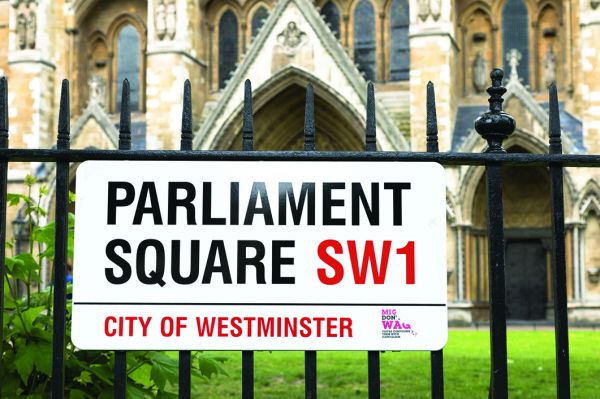
- Codification is not just parliamentary legislation but parliamentary legislation in a coherent, logical, predictable—and principled—framework.
The role of law in the UK—and with it the power of the judges—has grown hugely at the expense of government and politics over the past half century. As judges are unelected, virtually irremovable and accountable to nobody, this is a serious blow to democracy.
There is, according to Lord Sumption (a Justice of the UK Supreme Court (UKSC) from 2012 to 2018) a ‘persistent habit of looking for legal solutions to what are really political problems’, leading to greatly enhanced power in the hands of unelected, irremovable and unaccountable judges. This is contrary to parliamentary sovereignty and democracy alike. This situation is connected with the ‘disarray and a marked lack of reliable principle’ identified by Lord Neuberger in the field of tort, but which is actually to be found more generally in UK law.
Solution
Yet a solution lies









